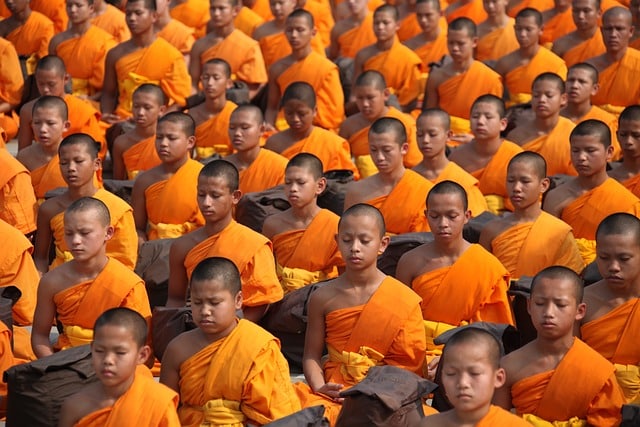
Freedom of religion is a right.
Freedom is a notion whose etymological origin is found in the Latin word libertas . The term refers to the natural faculty that the human being has to act or not act in one way or another , which gives him responsibility for his actions.
Freedom is also the condition of someone who is not imprisoned or under a regime of slavery . The free person is not obliged to abide by certain issues, although the limitations imposed by laws and the social and cultural context must always be considered.
Cult , meanwhile, is an adjective that comes from the Latin word cultus and has several meanings. In this case, we are interested in its meaning as the ceremonies and rituals that are carried out as a tribute to a divinity or some other figure.
What is freedom of religion
Freedom of religion is known as the right of each individual to choose their religion without conditions or pressure . This right, which is usually enshrined in the Constitution , implies that subjects can choose and profess any creed or none, expressing that will in public if they wish.
Many States have an official religion that is indicated in legislation. Freedom of religion means that, beyond this declaration, citizens can practice that or another religion without any harm.
It is important to keep in mind that freedom of religion is included in the Universal Declaration of Human Rights , adopted by the United Nations ( UN ) in 1948 . It is also mentioned in other documents of international law.

In many regions, freedom of religion is not respected.
Origins and historical development
One of the so-called Fathers of the Church is noted as a pioneer in alluding to freedom of worship: Quintus Septimius Florente Tertullian . Already in the 3rd century , Tertullian made reference to libertas religionis (that is, religious freedom).
The Edict of Milan , whose promulgation took place in the year 313 , is considered the first legal instrument to recognize this right. The passage of time led to its inclusion in other legal documents.
Beyond this implementation, freedom of worship was often not and is not respected in practice. In fact, if we take into account the European conquest of the American continent, the colonizers promoted evangelization by force, destroying temples and persecuting practices of the native settlers.
Freedom of religion today
Freedom of religion is far from being a concrete reality worldwide. In countries such as Iran , Saudi Arabia and Afghanistan , among others, those who do not follow the majority religious precepts are punished, according to what is stated in various international reports.
Certain cults, on the other hand, denounce state harassment. These are movements or groups that are usually accused of being sectarian or that do not enjoy the necessary recognition for their development.
Regardless of the actions of governments , freedom of worship is sometimes at risk due to social pressures . It is not unusual for a Muslim to be discriminated against in a Catholic territory or for an atheist to suffer questions due to his lack of faith, to mention a few possibilities, circumstances that can lead the individual to not express his beliefs or values.
